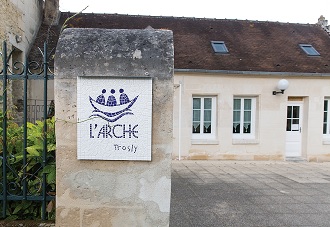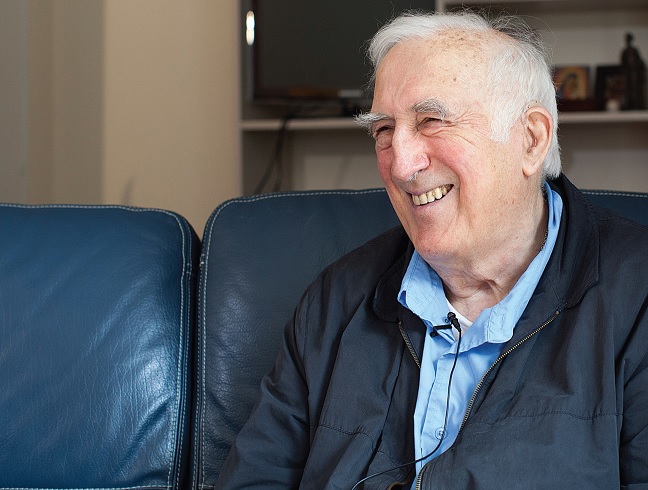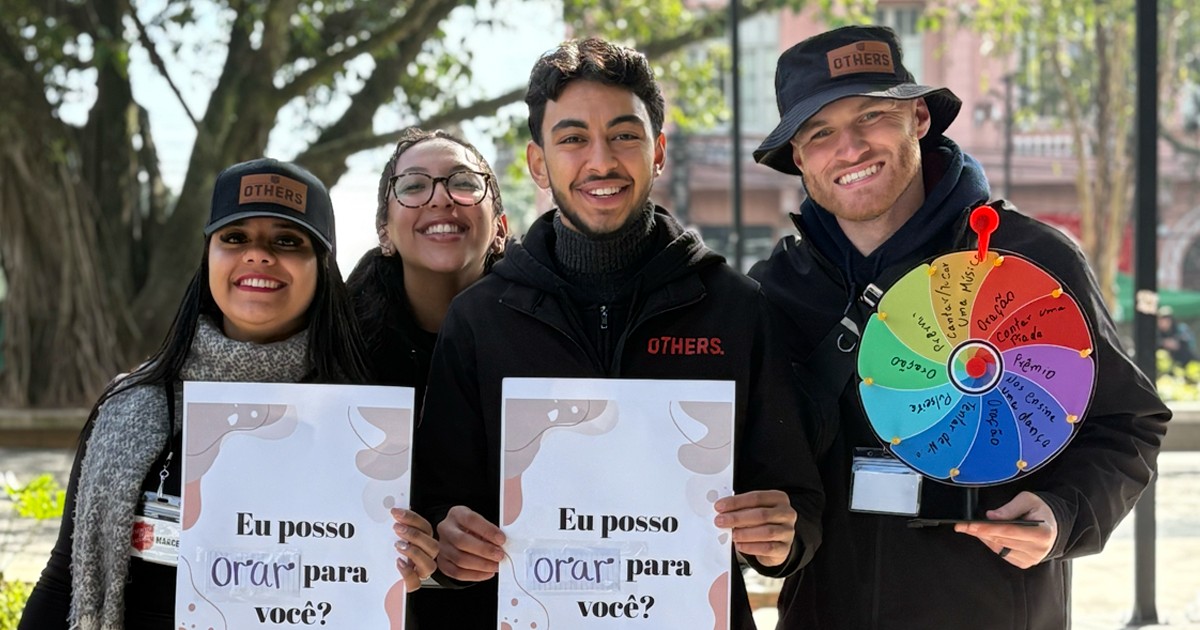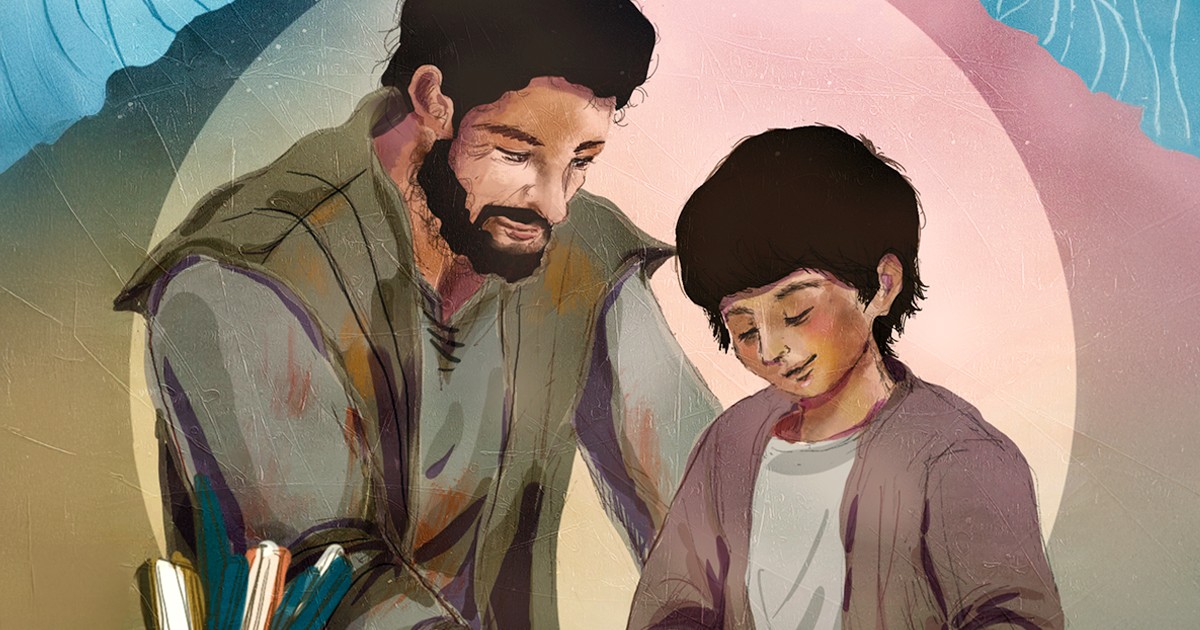You've lived alongside people with intellectual disabilities for nearly 50 years now. What have they taught you about God?
There is a mystery behind people with disabilities. I find that in many ways, they are a presence of Jesus. We see their fragility, their pain—and yet at the same time, we can say that they speak of God. As we enter into relationship with them, they change us.
Why do you think so few of us are able to celebrate the gifts of the intellectually disabled?
For a lot of people, to have a child “like that,” with a disability, means that they have done something wrong or have some evil in their genealogy. So the rejection of the child may be in one sense a defence of their own integrity. Also, some people don't want others to know their child has Down syndrome because they are afraid that it will make it more difficult for their other children to get married. So, for the majority of people, it is a shame. But actually, being with the disabled can heal us.
How so?
 Olivier, who has Down syndrome, is an avid
Olivier, who has Down syndrome, is an avid
photographer and a resident of L'Arche
The disabled have something to bring to others. There is something very particular in their kindness, in their affection. I spent a year living at la Forestière with the most severely disabled members here, and I would give them baths. It is a great mystery to touch the bodies of those who are so fragile and who don't communicate verbally, but who somehow still communicate with all their body. Their bodies say, simply, “Love me.” It's something that rises up from within them, and that is what touches me most deeply.
That reminds me of something you once said—that tenderness is at the very heart of L'Arche.
Yes. I once asked our community psychiatrist, “What, to you, does it mean to be human—a pure human person?” And he said, “Tenderness.” Tenderness is deeply respectful of the other, not possessing in any way, but giving the other security.
When you first invited two intellectually disabled men, Raphaël Simi and Philippe Seux, to live with you in 1964, did you have any special training?
No. How do you prepare to live with another human being? You learn as you go along. You don't need to have a school for mothers to teach them to love their babies. It's natural to love, to have fun, to be attentive, to be kind.
Later, I was asked to take over a large institution for the disabled, and then I needed help because there was a lot of violence there. I asked a psychiatrist to help me, and I had to learn about the sources of violence and some aspects of mental sickness. But Raphaël and Philippe had no mental sickness; they were just highly slowed up.
That is an important distinction: between those who are “slowed up” and those who have a mental illness. Do you have both at L'Arche today?
Mainly we have those with intellectual disabilities, but the frontier between the two can be pretty thin.
Someone once described you as an unconventional Christian. What do you think they meant by that?
I don't know. What is conventional and what is unconventional? What I can say is that there's something happening here in L'Arche that hasn't yet been fully understood in the church. See, the Apostle Paul says that God has chosen what is weak and foolish to confound the intellectuals and the powerful. (see 1 Corinthians 1:27) He wasn't speaking about the intellectuals and powerful outside the church; he was speaking about the intellectuals and powerful inside the church.
The church frequently intellectualizes faith. But to love is to let the other rest in your heart, as the Apostle Andrew put it. How many people would say that? And yet it's right at the heart of the mystery of all the Gospels. The whole vision of Jesus is there: to live in us as we live in him.
What is the essential message of L'Arche for the world?
 The L'Arche community at Trosly is part of an international organization operating 147 centres in 35 countries
The L'Arche community at Trosly is part of an international organization operating 147 centres in 35 countries
L'Arche is essentially a place where you come to love and to accept people exactly as they are, with all that is broken in them. Not to change them, but to accept them. To build relationships of trust. The heart of L'Arche's message is the text of Jesus: When you give a meal, don't invite the members of your family, don't invite your rich neighbours, don't invite your friends. When you want to give a really good meal, invite the poor, the lame, the disabled and the blind. That is to say, don't just remain only in the clan or the tribe, surrounded by your friends. This is a danger for a lot of people—to remain in the tribe where everybody's just flattering each other. Get to know those on the outside!
For some, those may be challenging words. How can we begin?
Maybe we can go and visit an old people's home and invite one of the old people out to a meal. But it's important not to force things. The vision is to be open, to open the door to new friendships. Frequently, in my mind, it's about what might happen if you are attentive. For instance, I might have a cousin whose husband has just died. She doesn't live too far away, and maybe I didn't like that cousin too much—she was a bit of a pain in the neck—but maybe she's the one that I can invite to a meal. Maybe she's the one on the outside.
Sometimes opening up like this leads us to new discoveries, to profound and unexpected meetings.
Reprinted from The United Church Observer, November 2013
Photos: Warren Pot










Comment
On Tuesday, May 7, 2019, Rob Jeffery said:
On Wednesday, February 20, 2019, Polly said:
Leave a Comment